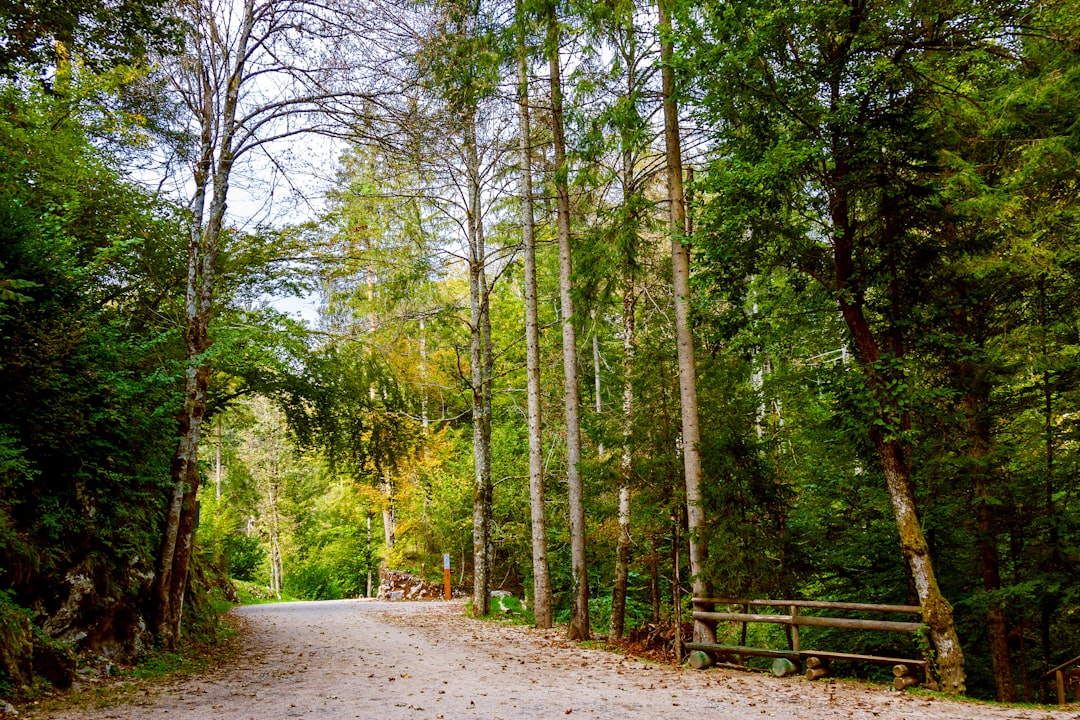Nature’s Therapy: How Outdoor Adventures Boost Mental Well-being
In today’s fast-paced, technology-driven world, it’s easy to forget the simple joys of nature. The allure of social media and the pressures of modern life can weigh heavily on our minds. However, stepping outside and immersing yourself in the great outdoors can offer a reprieve, a sanctuary for our mental health. This article explores the myriad ways outdoor adventures can significantly enhance our psychological well-being.
Imagine this: the sun shining on your face, the fresh scent of pine trees filling the air, and the soothing sound of a nearby stream. Nature has a unique ability to calm our minds and rejuvenate our spirits. Numerous studies have shown that spending time outdoors reduces stress levels and anxiety. A mere 20 minutes in a natural setting can lower cortisol levels—the hormone associated with stress—and increase feelings of relaxation.
Engaging in physical activities outdoors, such as hiking, biking, or kayaking, releases endorphins—the body’s natural mood lifters. Not only do these activities boost physical health, but they also improve mental clarity and cognitive function. When you challenge your body, whether scaling a mountain or navigating a river, you simultaneously elevate your mood and sharpen your focus. Plus, the satisfaction of completing a physically demanding task can foster a sense of accomplishment and bolster self-esteem.
Let’s talk about the concept of “biophilia,” a term that describes our inherent affinity for nature. Research indicates that connecting with nature can lead to improved mental health outcomes. Simply gazing at greenery, listening to birdsong, or breathing in fresh air can instill a sense of peace. Many psychologists recommend incorporating regular outdoor time into our routines as a means to combat symptoms of depression and anxiety.
Moreover, outdoor adventures foster social connections, another vital component of mental well-being. Whether you’re hiking with friends, camping with family, or participating in group sports, outdoor activities encourage teamwork and communication. These shared experiences create bonds that can lead to lasting friendships, support networks, and a greater sense of belonging. Social interactions, in turn, contribute to improved mental health and overall happiness.
Consider the impact of unplugging from technology. We live in a world dominated by screens, and the constant barrage of notifications can be overwhelming. Outdoor adventures provide an opportunity to disconnect from digital distractions and reconnect with ourselves and those around us. When you step into nature, you can focus on the present moment—whether it’s savoring a breathtaking view or listening to the rustle of leaves in the wind. This mindfulness practice is essential for reducing stress and enhancing emotional resilience.
Let’s not forget the joy of exploration. Each outdoor adventure is a chance to discover something new, be it a hidden waterfall, a breathtaking viewpoint, or an interesting animal. This sense of wonder and curiosity fuels our creativity and ignites our passion for life. Embracing the unknown and stepping outside your comfort zone can lead to personal growth and transformative experiences.
Incorporating outdoor adventures into your routine doesn’t have to be a monumental task. Start small—take a walk in your local park, try a new hiking trail, or even sit outside with a good book. As you gradually increase your time spent outdoors, you’ll begin to notice the positive effects on your mood and mental clarity.
In conclusion, outdoor adventures serve as a powerful antidote to the stresses of modern life. They not only enhance physical health but also provide essential benefits for our mental well-being. By immersing ourselves in nature, engaging in physical activities, and fostering social connections, we can nurture our minds and souls. So lace up your hiking boots, grab a friend, and embark on an outdoor adventure that will leave you feeling refreshed, recharged, and ready to take on the world.





